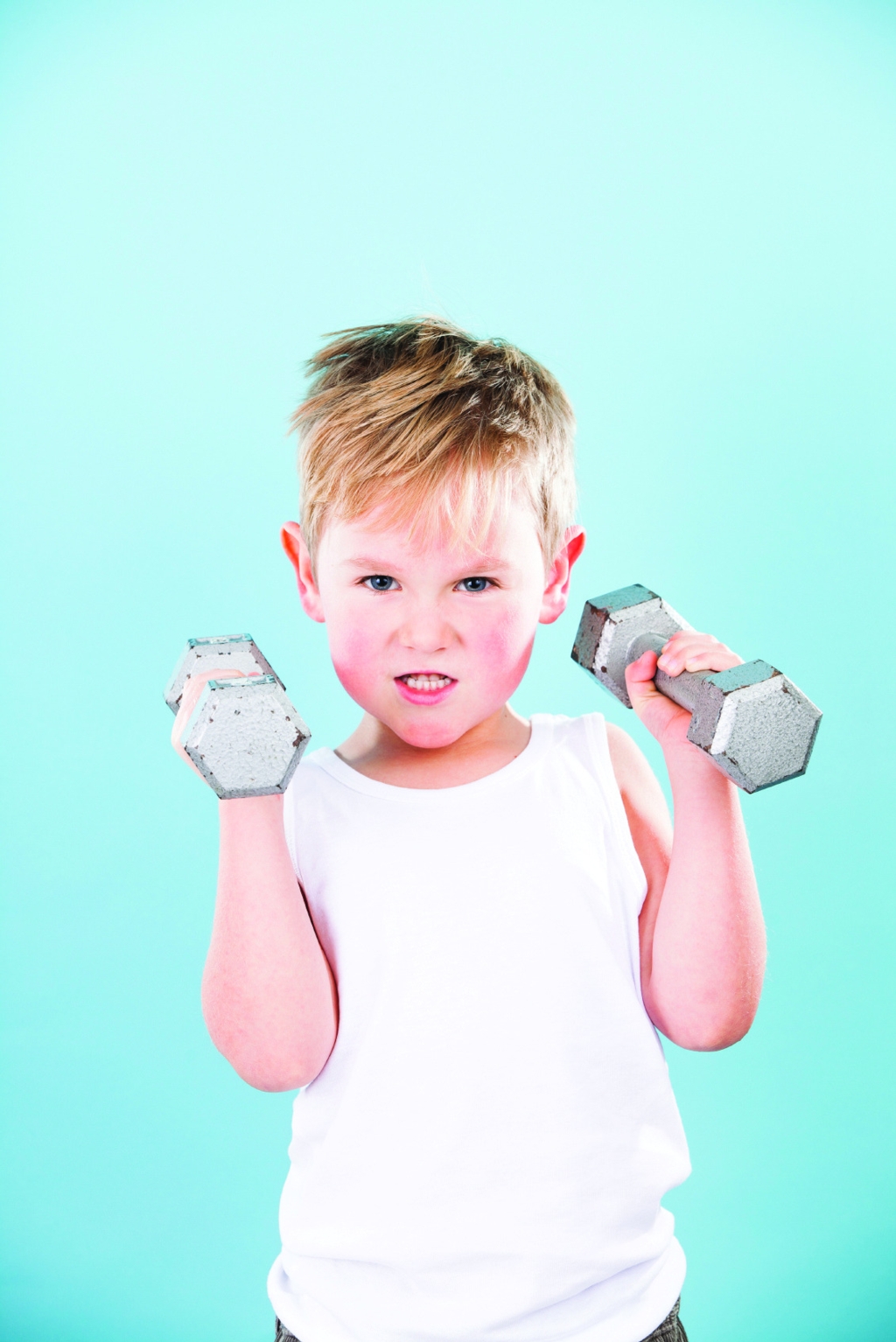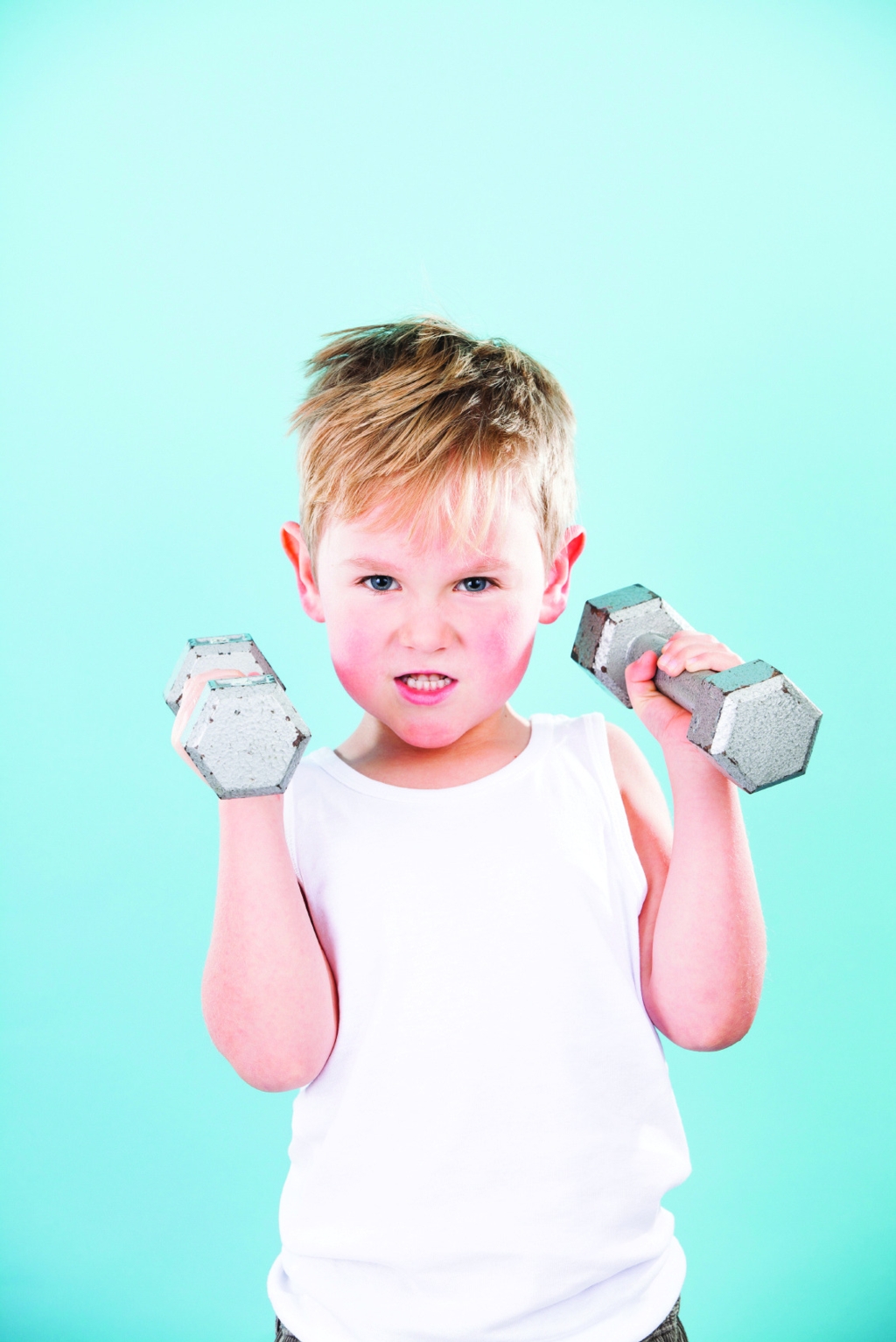Does Exercise Make Kids Smarter?
Over the past decade many studies have proven that exercise does indeed make us smarter. Dr. John Ratey, a top psychiatrist at Harvard Medical School, says in his recent book, SPARK!, that exercise is also good for the brain, in that it makes us smarter, more alert and able to memorize things faster and for longer periods of time.


Additionally, Charles Hillman, a professor at the University of Illinois in his latest study "Cognition Following Acute Aerobic Exercise," found that moderate exercise of 30 minutes for adults and 20 minutes for children results in a 5 percent to 10 percent improvement in cognition. This neurological improvement is both temporary and long-lasting. It is temporary because, although an immediate cognitive improvement is evidenced after moderate exercise, this effect begins to diminish within 2 to 4 hours after exercise. And, it is long-lasting because evidence shows that exercise stimulates nerve growth factors, and according to preliminary animal research may even stimulate growth of new stem cells. The National Association of Sports and Physical Education (NASPE) Executive Director Charlene Burgeson appears to agree with these findings. In a recent statement promoting the NASPE 101 Tips for Increasing Physical Activity in Early Childhood, Burgeson says, “...by providing age- appropriate physical activity experiences, early childhood caregivers can positively impact physical, intellectual and emotional development and plant the seeds for a lifetime of healthful practices and behaviors.”
It appears it really does, and here’s why! Essentially, physical activity, aside from pushing more blood through the brain, sets off a chain reaction that releases important ‘feel good’ chemicals like dopamine and serotonin. These brain chemicals help us to feel calm and happy, translating into better focus while learning and recalling information.
So, how can you make sure your child is getting enough exercise and not becoming a victim of inactivity? Ask about and become an advocate for the physical activities programming at your child’s school or camp. And, before rushing out to sign Junior up for a sports team, know that participating in competitive sports is not the only option. Structured physical play (such as fitness games) and unstructured physical play (such as recess) also provide brain benefit, as well as give children the foundational building blocks for navigating fair play within a social context and understanding safety boundaries.
On the home front, build time into your daily routine to have a fit break with the kids. Plan your own “recess” time for 20 to 30 minutes by going on a bike ride, doing sprints or playing ball in the yard, even walking in the park or having your own silly dance party.
One more thing, parents – exercise is not just for kids! While modeling this healthful habit for your children, you too can reap the benefits, feed that vital organ - your brain - and build your healthy body.
A 20 year veteran of the fitness industry and dubbed “The First Lady of Musical Fitness” by the National Children’s Entertainment Blog, Miss Amy is THE Kids Rocker/Fitness Guru! An Official Advocate for the President’s Challenge Program she was named the President’s Challenge All-American for September 2010 and performed at the 2010 White House Egg Roll event. For more information about her new children’s CD – Fitness Rock & Roll (and her whole collection along with FREE lesson plans) or to inquire about performances for your school or camp go to: www.MissAmyKids.com







